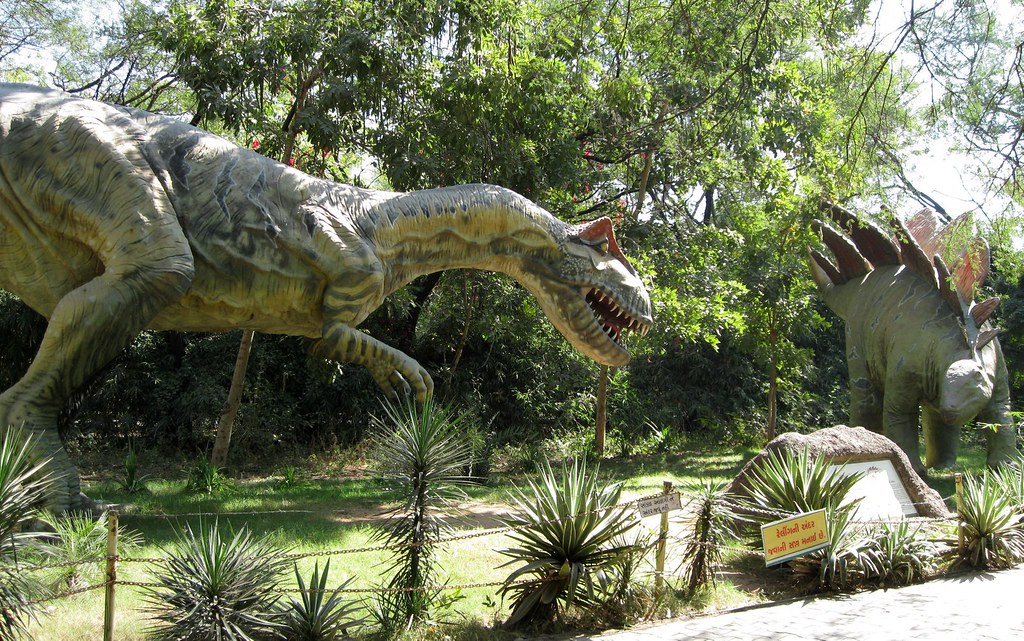Science News Roundup: New dinosaur species discovered in Australia, one of world's biggest; French lecturer reaches for stars with astronaut application and more

Following is a summary of current science news briefs.
French lecturer reaches for stars with astronaut application
In a break from his job teaching engineering to students in France's Normandy region, Matthieu Pluvinage put the finishing touches on an application for a new job: astronaut. Pluvinage, 38, is taking advantage of a European Space Agency initiative to run an open recruitment drive for new astronauts for its manned flight programme.
Tiny worm comes back to life after 24,000 years in Siberian deep freeze
A microscopic organism has wriggled back to life and reproduced asexually after lying frozen in the vast permafrost lands of northeastern Siberia for 24,000 years. Russian scientists found the tiny, ancient animal called the bdelloid rotifer in soil taken from the river Alazeya in Russia's region of Yakutia in the far north.
China's Shenzhen dangles financial incentives to spur satellite sector
China's southern tech city of Shenzhen said on Monday it would offer up to 300 million yuan ($47 million) in financial incentives per project as part of a push to become an innovation hub for satellite development and related industry applications.
The city, in Guangdong province, will support projects with up to 40% of their total investment, or as much as 300 million yuan per project, its economic planning agency said.
New dinosaur species discovered in Australia, one of world's biggest
Scientists have confirmed the discovery of a new dinosaur species in Australia, one of the largest found in the world, more than a decade after cattle farmers first uncovered bones of the animal. The plant-eating sauropod lived in the Cretaceous period between 92 million and 96 million years ago when Australia was attached to Antartica, according to a research paper https://peerj.com/articles/11317 published on Monday.
Relativity Space raises $650 million for bigger 3D-printed rocket
Venture-backed startup Relativity Space, which aims to build the world's first fleet of 3D-printed rockets, said on Tuesday it has raised $650 million from a raft of new investors including BlackRock, hedge fund Soroban Capital, and the actor Jared Leto. Though it has yet to launch a rocket, the latest capital raise gives Relativity a market valuation of $4.2 billion, making it the second-most valuable privately-held space firm behind Elon Musk's SpaceX.
(With inputs from agencies.)
ALSO READ
EXPLAINER-South China Sea: Why are China and Philippines tensions heating up?
China says EU subsidy probes interfere with China, Europe cooperation
Biden and Japan's Kishida forge new partnership, eyeing China and Russia
China tried to meddle but Canadians decided the last two elections, says PM Trudeau
China accuses EU of protectionism in investigation of subsidies for green industries










